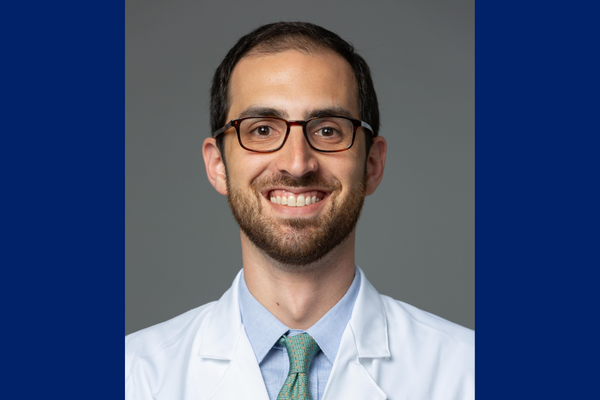Determining genetic causes for sudden cardiac death

People commonly associate heart attacks with clogged arteries, fatty diets, high cholesterol, and plaque buildup in the heart. And while all those things can cause sudden cardiac death, they are not the only culprit; gene mutations can also be to blame.
Certain genetic variants can cause irregular heart rhythms, called arrythmias, and can affect how well the heart is able to pump blood to the rest of the body. Otherwise healthy individuals with these genetic variants can fall victim to arrythmias that are often fatal.
Duke researchers investigated 55 genes responsible for various arrhythmia-related disorders to understand how common these variants are and the risks they pose. Results were published in Circulation: Genomics and Precision Medicine on September 22.
The team, led by Svati Shah, MD, professor of medicine, integrated electronic health records with whole exome sequencing data collected from 8,574 people in the Catheterization Genetics (CATHGEN) cohort, a group that had undergone cardiac catheterization at Duke University Medical Center from 2001 through 2011.
“We took an in-depth look at the entire diagnostic spectrum, from electrocardiograms to cardiac MRIs, as well as medical charts for history of syncope, arrhythmias, and all the other ways these types of conditions could manifest,” said Navid Nafissi, MD, lead author and cardiac electrophysiology fellow.
The researchers wanted to know whether patients’ symptoms met diagnostic criteria for these conditions and if there was any evidence of sub-diagnoses that might have been missed because they did not meet full diagnostic criteria.
One in 108 people in this cohort carried a pathogenic or likely pathogenic variant in arrhythmia-related genes, which means these variants may be more common in the general population than researchers initially thought.
How severe the genetic variants are, though, varies greatly. The likelihood that a particular variant might cause health problems can range from zero to as high as 83%. Issues might include dilated cardiomyopathy, which causes the heart’s ventricles to thin, stretch out, and grow larger; or hypertrophic cardiomyopathy, which causes the heart muscle to gather scar tissue and thicken. Both these disorders make it harder for the heart to pump blood to the rest of the body. Variants can also cause disorders like long QT syndrome and Brugada syndrome that cause fast, chaotic heartbeats. All of these disorders can lead to sudden death in otherwise healthy people.
“These are people who just die suddenly — without any warning signs,” Nafissi said. “Sometimes there’s no clear manifestations of cardiac disease, even in autopsy.” The heart might look completely healthy: no cholesterol build up, and sometimes no signs of scar tissue from hypertrophic cardiomyopathy or thinning ventricles from dilated cardiomyopathy.
When there is no clear reason as to why a person had a sudden cardiac death, genetic testing can help determine what happened. “Sometimes you can find a causative genetic variant in these cases,” Nafissi said, “which can allow for tailored management and cascade screening of family members.”
Current standards of care still take a reactive approach to this problem. If someone goes into sudden cardiac arrest, health care and emergency workers address the crisis and try to save the patient — but what if there was a better, more proactive approach?
Nafissi hopes this research takes researchers one step closer to utilizing genetic testing earlier to identify those who have genetic variants that could put them at increased risk of sudden cardiac arrest. But, Nafissi clarifies, “Not everyone who carries a variant will go on to have a cardiac event.”
The trick will be identifying those at highest risk and determining the appropriate preventive interventions, such as an implantable cardioverter-defibrillator or something less invasive, like lifestyle modifications or medications. “There are multiple ways that this research could lead to saving lives,” Nafissi said.